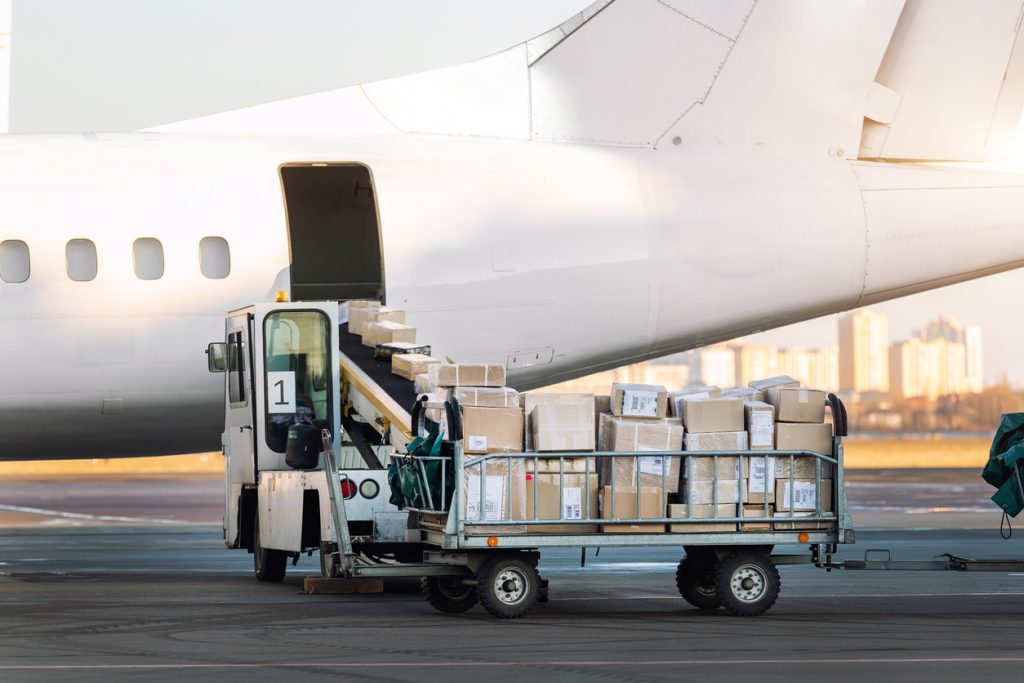What Is Freight Automation?
Freight automation refers to the use of digital systems and smart technologies to manage, monitor, and optimize the movement of cargo across supply chains. It eliminates manual processes in tasks such as rate quoting, shipment booking, tracking, billing, and documentation, allowing logistics companies to operate with greater accuracy and efficiency.
Core Features of Freight Automation
1. Digital Freight Booking
- Real-time access to carrier availability and rates
- One-click booking for air, sea, and road freight
- Automated confirmations and alerts
2. Cargo Tracking & Visibility
- Live GPS and status updates on shipments
- Predictive ETAs and delay alerts
- Integration with customer dashboards
3. Documentation & Compliance
- Auto-generation of waybills, invoices, and customs forms
- Regulatory compliance for local and international shipping
- Digital records storage and audit readiness
4. Invoice and Payment Automation
- Auto-invoicing upon delivery confirmation
- Integration with accounting software
- Real-time payment tracking and reconciliation
Benefits of Freight Automation
- Faster Operations: Speed up bookings, dispatch, and documentation.
- Lower Costs: Minimize labor and administrative overhead.
- Greater Accuracy: Reduce human errors and lost paperwork.
- Improved Customer Service: Provide updates and service transparency.
- Scalability: Easily manage more shipments as your business grows.
Freight Automation for Businesses in Nigeria
In a high-demand market like Nigeria, freight automation enables logistics companies and retailers to meet customer expectations with speed and precision. Whether it’s cross-state haulage, import/export shipments, or last-mile delivery in Lagos, automation is the backbone of reliable logistics.
How Travo.ng Supports Freight Automation
Travo.ng integrates freight automation into its services by:
- Offering digital shipment scheduling via its platform
- Providing real-time cargo tracking and delivery updates
- Automating invoicing and proof of delivery for business clients
- Supporting bulk order logistics with minimal manual input
This helps clients—from SMEs to importers—manage shipments faster, cheaper, and with greater control.
Conclusion
Freight automation is not just a trend—it’s the future of efficient logistics. Whether you’re managing intercity deliveries or global freight flows, adopting automated systems gives you a competitive edge. With Travo.ng, Nigerian businesses can tap into the power of automation and transform the way they move goods.







